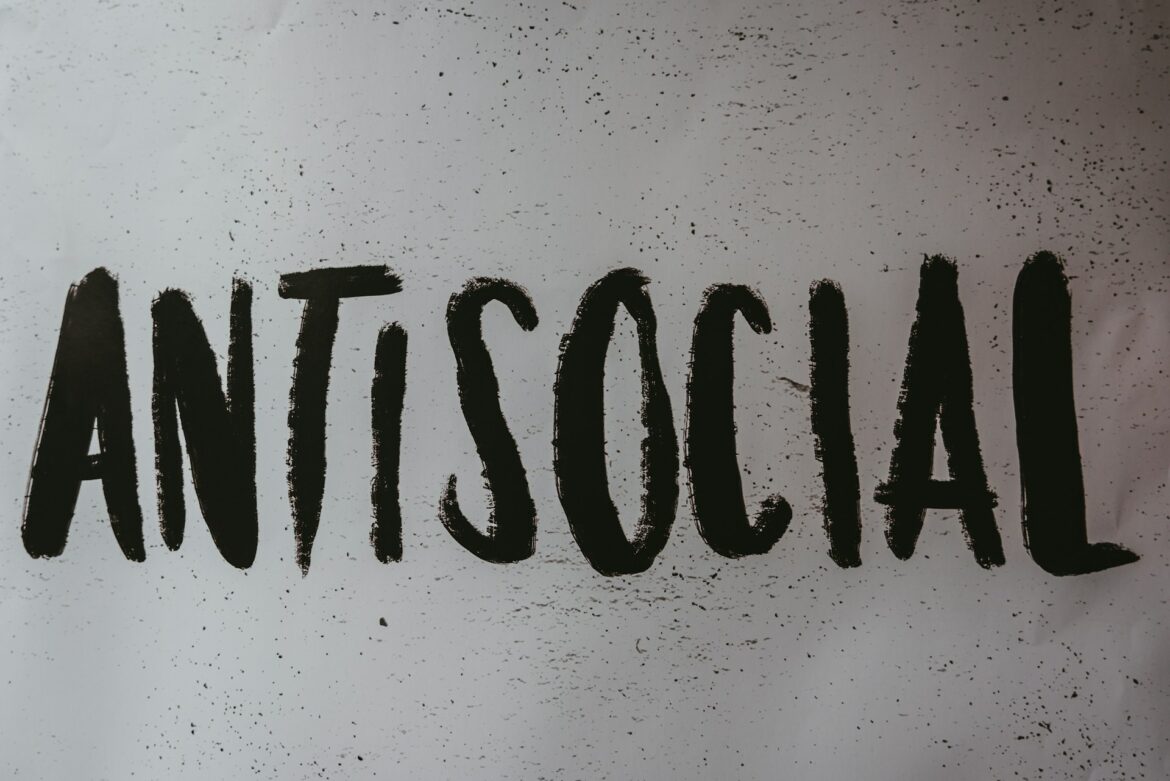In the rapidly shifting landscape of social norms and digital discourse, cancel culture has become a defining feature of modern accountability — or, some argue, a form of social punishment gone too far. As we step into 2025, the conversation surrounding cancel culture has evolved, with debates intensifying over whether it needs reform or if it has already reached a point where reinforcement is the only way forward. This ongoing debate reflects broader questions about free speech, accountability, and the power dynamics embedded in online communities.
The Evolution of Cancel Culture: Changes or Stagnation in 2025
By 2025, cancel culture has undergone significant transformation, shaped by technological advances and societal shifts. Initially driven by social media’s ability to mobilize collective action quickly, it has now become more nuanced and, for some, more entrenched. Platforms have introduced new moderation tools, aiming to balance free expression with the need to curb harmful behavior, but critics argue these measures often tip toward censorship, stifling genuine dialogue. Over the years, the practice has also expanded from targeting celebrities and public figures to scrutinizing everyday individuals, blurring the lines between accountability and mob justice.
Despite these changes, some believe cancel culture remains fundamentally stagnant, rooted in the same impulse for swift judgment and public shaming. Critics contend that the core issues—polarization, lack of due process, and disproportionate punishments—have not been adequately addressed. Instead, they argue, cancel culture has become more pervasive and harder to challenge, reinforcing echo chambers rather than fostering genuine understanding or growth. The debate centers on whether the tools and policies implemented have truly reformed the practice or simply made it more sophisticated and harder to escape.
On the other hand, proponents highlight the evolution as a sign of societal maturation, emphasizing that the emergence of nuanced conversations and the push for accountability reflects a shift toward more responsible social norms. They point to educational initiatives and transparency efforts as signs of progress, suggesting that cancel culture is adjusting to serve as a catalyst for constructive change rather than mere punishment. Whether this evolution constitutes genuine reform or superficial adaptation remains at the heart of ongoing discussions in 2025.
Debating the Future of Cancel Culture: Calls for Reform or Reinforcement
The debate in 2025 is polarized: some advocate for reform, seeking to make cancel culture more fair, transparent, and constructive. Reformists argue that current practices often disregard context, due process, and the possibility of redemption, leading to irreversible damage for those targeted. They propose establishing clearer guidelines, emphasizing restorative justice, and creating platforms for dialogue and genuine remorse. These efforts aim to turn cancel culture into a tool for education and growth, rather than punishment and exclusion.
Conversely, a growing faction believes cancel culture should be reinforced as a means of holding individuals and institutions accountable. They see it as an essential mechanism to combat entrenched power structures and societal injustices that traditional institutions might overlook or neglect. For supporters, reinforcement means doubling down on collective action, emphasizing swift responses to harmful behavior, and resisting attempts to dilute or weaken social sanctions. This camp views cancel culture as a necessary force in a digital age where traditional mechanisms of accountability often fall short.
As societal attitudes continue to evolve, so does the conversation on how best to harness cancel culture’s potential. Will this social phenomenon be refined into a more balanced and just practice, or will it be intensified, risking deeper divisions and more polarization? The outcome hinges on ongoing societal dialogues, policy interventions, and the collective willingness to find a sustainable middle ground. What remains clear is that cancel culture’s role in shaping social morality in 2025 is as complex and contested as ever.
As we look ahead from 2025, it’s evident that cancel culture remains a double-edged sword—capable of promoting accountability but also carrying the risk of suppression and social division. Whether it will be reformed into a more constructive force or reinforced as a formidable social tool depends on our collective choices and the balancing act between justice and mercy. One thing is certain: the conversation surrounding cancel culture is far from over, and its future will continue to reflect the evolving values and tensions of our society.

